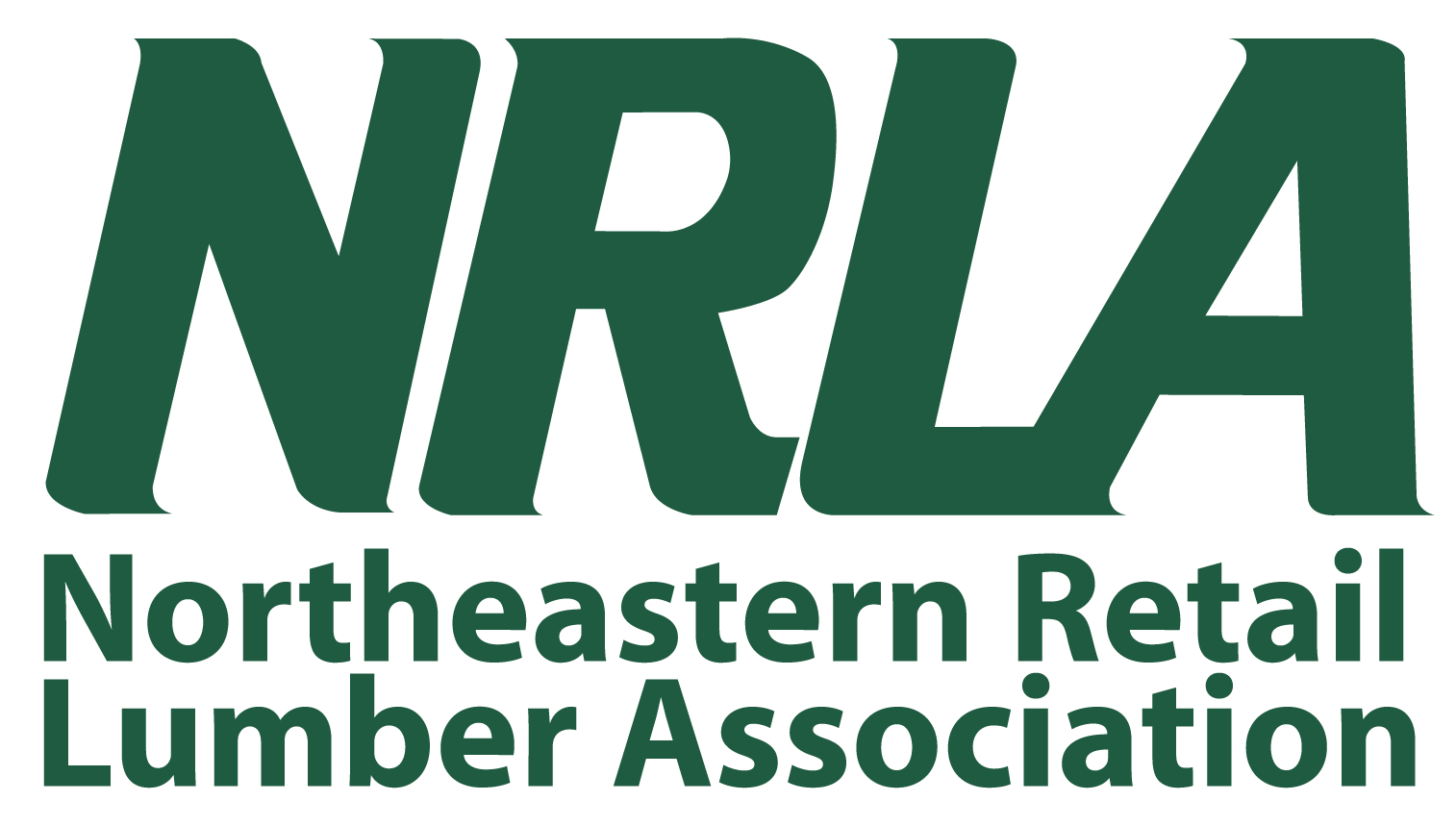Governor’s Final Budget: Republicans Call It ‘Lipstick on a Pig’
Gov. Phil Murphy unveiled a $58 billion budget Tuesday amid uncertainty over whether billions of dollars the state expects from Washington will materialize. Murphy’s final spending plan before leaving office next year is $70 million smaller than last year’s and includes a $6.3 billion surplus.
Murphy’s final budget proposal includes $1.2 billion in new revenue measures. Among those most impactful to the building community are increases to the realty transfer fee, raising it to 2% on sales of homes valued at more than $1 million and 3% on homes valued at more than $3 million.
A major concern is a proposed tax on warehouses. Under Murphy’s plan, a $2 truck traffic excise fee would be imposed. A similar proposal in last year’s budget, which set the fee at $1 per truck, did not make it into the final spending plan. The new measure is expected to raise $20 million.
Additionally, a controversial provision in the budget includes a sales tax on vehicle trade-ins. When trading in a car to buy a new one, the value of the trade-in would be taxed at 6.25%, in addition to the total price of the new vehicle.
New Jersey Business Community Strongly Opposes Heat Stress Bill
The New Jersey Assembly Labor Committee has passed new legislation that would impose restrictions and requirements on indoor and outdoor workplaces where employees are exposed to heat exceeding 85 degrees. Bill A-5022 would establish an “Occupational Heat-Related Illness and Injury Prevention Program,” enforced by the Department of Labor and Workforce Development (DOLWD).
New Jersey does not have its own state plan, but OSHA was expected to develop one before the last election. With OSHA’s regulations on hazardous heat now uncertain, New Jersey legislators are stepping in to establish statewide heat safety rules.
The bill mandates that the commissioner of the DOLWD implement a heat stress standard by June 1, 2025. Like regulations in other states, the bill would require employers to take mandatory actions at specific heat levels and implement a written “heat-related injury and illness prevention plan.” The plan would include monitoring employees exposed to heat, providing paid rest breaks, conducting annual training, and establishing emergency response protocols. Employers would also need to adopt measures to prevent excessive heat exposure, such as flexible scheduling, local exhaust ventilation, and cooling garments.
The New Jersey Building Materials Dealers Association (NJBMDA) is part of a broad business coalition opposing the legislation.
NJEDA Board Approves Programs to Expand Use of Zero-Emission Vehicles
The New Jersey Economic Development Authority (NJEDA) Board has approved two programs aimed at increasing the number of zero-emission vehicles on state roadways. Phase III of the New Jersey Zero Emission Incentive Program (NJ ZIP) and the New Jersey Zero Emission Vehicle Financing Program (NJ ZEV) are designed to accelerate the adoption of commercial zero-emission medium- and heavy-duty vehicles.
Phase III of NJ ZIP, funded at $75 million, will provide vouchers to businesses and institutional organizations to offset the cost of purchasing new zero-emission medium- and heavy-duty vehicles. Voucher amounts will vary based on vehicle class, ranging from a minimum of $15,000 for Class 2b vehicles to $175,000 for Class 8 vehicles.
Additionally, the board approved the NJ ZEV Financing Program, a $25 million loan program supporting businesses adopting zero-emission vehicles. The program complements NJ ZIP by offering financing for vehicle costs not covered by NJ ZIP vouchers or other grants. Businesses not utilizing NJ ZIP are also eligible for NJ ZEV loans, which will range from $50,000 to $500,000 for the purchase of one or more eligible vehicles.
For more information on the program and eligibility requirements, click here.


